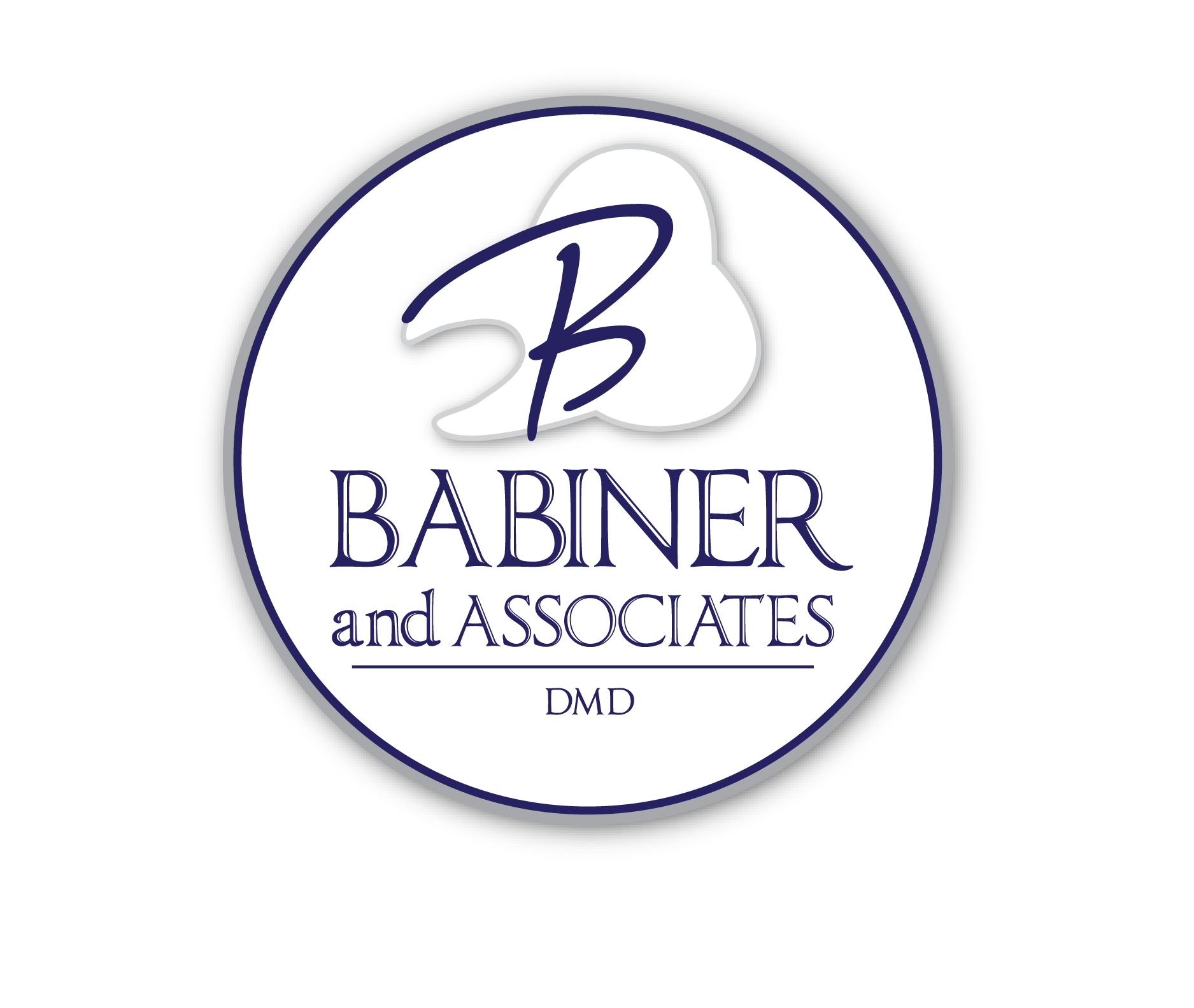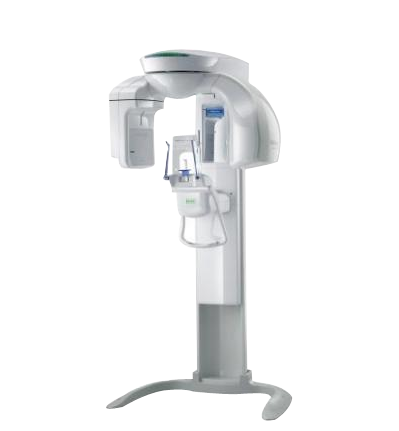The Dutch government helps entrepreneurs in various ways, from providing money to making it easier. If your idea meets the criteria for one of the subsidy programs you myrrdin-inc.com/2020/09/15/grants-for-digital-technologies-what-type-of-funding-options-are-available/ can apply to the Netherlands Enterprise Agency (RVO) for a grant.
Subsidies are basically government support for certain industries or activities which wouldn’t be a success without it. Subsidies are usually provided to assist struggling sectors as well as to promote new innovations or to promote specific policies or social good. They could succeed economically but at the cost of other groups (for instance, a food subsidy helps farmers, but increases prices for consumers) Or, they may be unsuccessful economically, but accomplish the goals of culture or politics.
Subsidies provided by the government are available in a variety of forms. These include tax breaks, grants and rebates, as well as direct cash payments made to customers or suppliers. They can also be indirect, like road taxes that are paid by all motorists rather than only those who drive on roads or railway track access fees that are not levied exclusively for passenger trains.
Subsidy advocates argue that they can increase the efficiency of an economy by protecting it from international competition, or by promoting local production. They can also help counter market failures, such as externalities and information inequalities. Many critics say that these policies could have negative effects ranging from corruption to inequality and that they hinder more efficient and equitable spending by the government. They also create perverse incentives. A company that receives government subsidy could be enticed by the prospect of donating to politicians. This can result in “regulatory capture” and rent-seeking.







 sending...
sending... Facebook
Facebook Twitter
Twitter Google Plus
Google Plus You Tube
You Tube